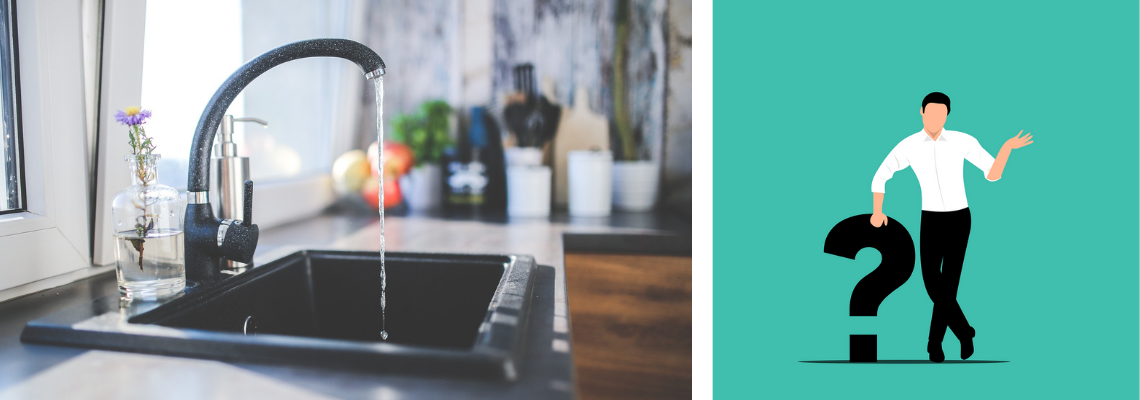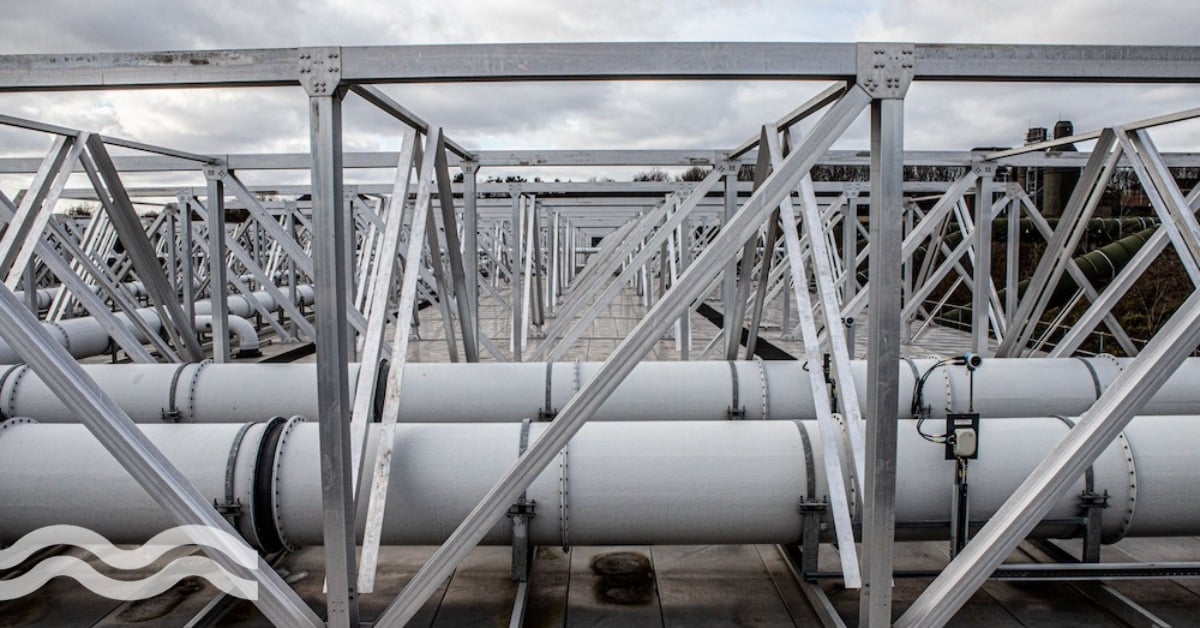The Dutch demand management drive on water behaviour change

Dutch drinking water utility Vitens is exploring what drives behavioural change to create more sustainable water use.
2030 water ambitions
Dutch drinking water utility Vitens is focusing on a long-term approach that focuses on reducing water consumption and making water supplies more sustainable.
In collaboration with Wageningen University & Research (WUR), Vitens is developing an approach that it believes will help to reduce water demand.
By 2030, the Netherlands’ largest drinking water company has set the target to reduce water demand by 5 per cent per person.
“22 per cent of the Dutch population never think about their drinking water consumption.”
This equates to a reduction of six litres of water per person, per day in a country where the average use is 120 litres for drinking, washing, cleaning etc.
With just under 1400 staff, Vitens provides water to 5.5 million customers across the Netherlands.
Two of the Vitens team, innovation and customer interaction advisor Amelie Ribbers and Jacqueline de Jong, business development manager, set out to answer the question: which behavioural interventions are effective in connection with less water consumption and under what circumstances?
To help answer the question, Vitens is pursuing three research “tracks”: behavioural change, smart water meters and water-friendly living. While the ambition is to encourage a more sustainable use of water, behavioural change is challenging, according to Ribbers.
She said: “A study carried out by KWR Water Research Institute revealed that 22 per cent of Dutch people never seriously consider their own drinking water consumption. Furthermore, the price of water is naturally low, which implies there is no financial incentive to economise.”
Five insights
Vitens commissioned a scientific literature review by WUR to look into the question: which behavioural interventions are effective in relation to reduced water consumption, and in what circumstances?
Dr Jong said that behaviour and water had become a “structural issue”.
“While we have become adept at monitoring the reach of our interventions, we are somewhat less proficient when it comes to measuring their effect on consumer behaviour. We, therefore, intend to focus sharply on this issue from now on. Our new strategy is aimed at imparting a message that is not only clear, but also meaningful.”
“How might we connect with customers by means that extend beyond the occasional newsletter or message?”
According to a report from Dutch water outlet, H20 Water Network, the initial research and work has resulted in five insights:
- Initiating behaviour change requires a different strategy than maintaining behaviour
- Measure and monitor the effects of the intervention. In addition to the reach and the effects on water awareness, it also measures the effects on water consumption and actual behaviour
- Normative messages, increasing self-efficacy and customized feedback are behavioural change techniques in which positive effects have been found in the context of water conservation
- In addition to 'conscious' behaviour change strategies, also use strategies that focus on the 'unconscious' route
- Investigate the feasibility from the consumer perspective and the implementation of the intervention. See how effective an intervention is for each target group because that can differ.
Three techniques for behaviour change
The WUR review identified three techniques for behavioural change that will have positive effects: normative messages, increasing self-efficacy and customised feedback.
“There is no silver bullet,” added Ribbers. “We are therefore focusing on promoting behavioural change to save water.”
Vitens’ efforts have so far been based on imparting knowledge. However, this is not particularly effective in bringing about a lasting change in behaviour, De Jong admits.
“While knowledge is a conscious route, people are largely inclined to subconsciously pursue a course based on ingrained habits for most of their lives. As a water company, we, therefore, need to proceed to reward a sustained change in behaviour.
“Establishing just how to do so nevertheless remains a huge challenge to us. How might we connect with customers by means that extend beyond the occasional newsletter or message?”
The Dutch utility is open to collaboration and said it is currently holding talks with other water companies to share other ways of promoting sustainable drinking water use.


